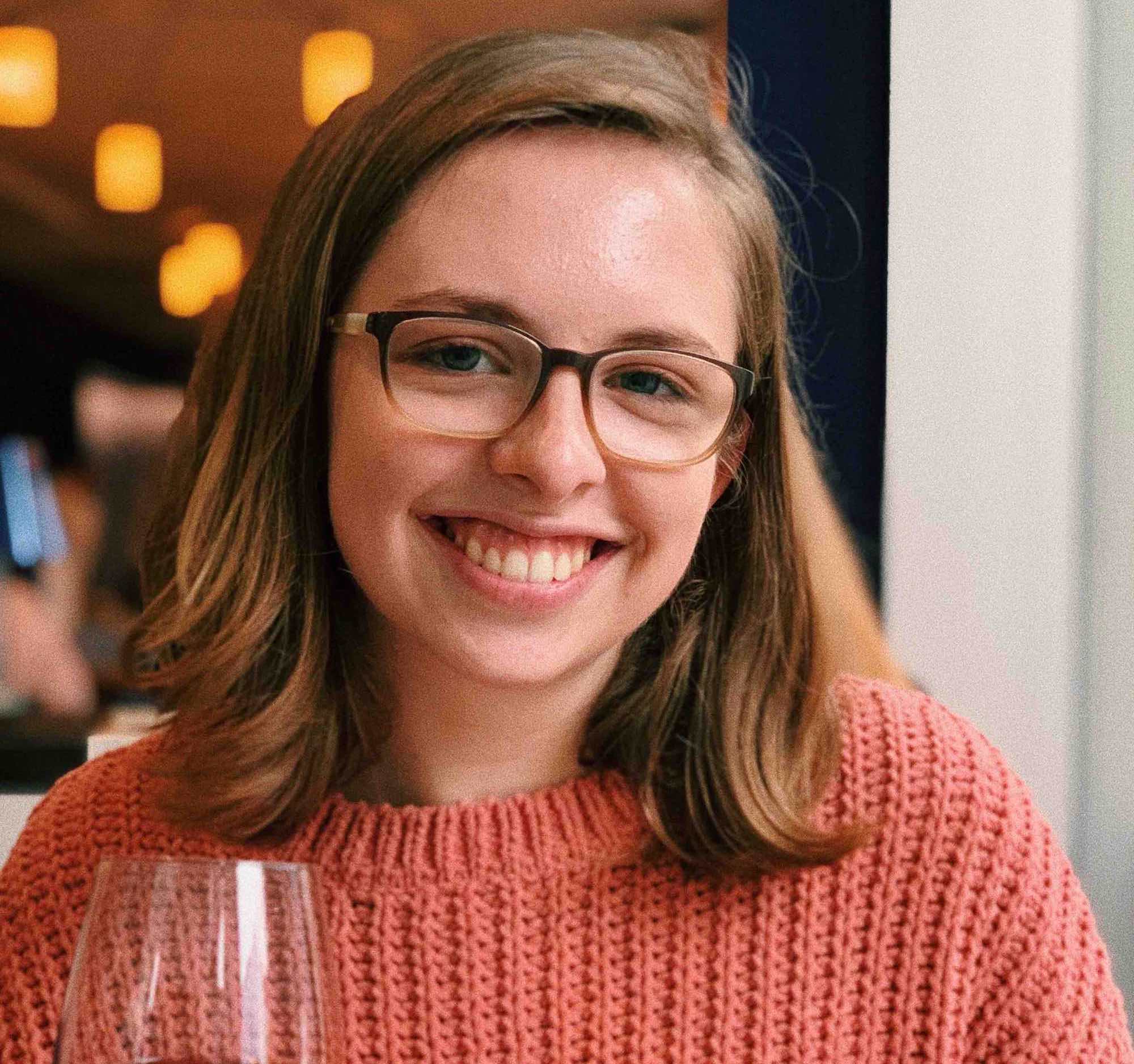What attracted you to Rice?
I actually began my undergraduate career at Northwestern University. I went there to study journalism, but by the time I had left I decided sociology was the right path for me. My desire to come back home to Houston drew me to Rice, and I quickly found a home in the Rice Sociology Department and at Rice as a whole.
What about sociology attracted you?
I think when I discovered sociology classes I realized that this was something I’d always been interested in but just didn’t have a name for: the study of people and inequality. I’m also passionate about environmental issues, and the first sociology course I took at Northwestern was “Environment and Society.” I was immediately drawn to sociology as a framework through which to pursue this passion.
Which sociology class has been most influential in your time at Rice?
Sociology of Disaster with Dr. Jim Elliott was very influential for me. It lined up with my personal interests, and it showed me research potential for the intersection of urban issues and climate change, particularly through studies of resilience. It was also just a really enjoyable class, Dr. Elliott is a great lecturer and I enjoyed working on a team for the final project. I even ended up continuing work started in that class project as a research assistant for Dr. Elliott.
How would you describe the culture of the undergraduate experience at Rice Sociology?
Overall, we have a fantastic group of Sociology undergraduates here at Rice. Between majors, double-majors, and minors, a lot of students end up touching the department during their time at Rice, and because we have such consistently great faculty sociology courses come highly recommended.
Dr. Considine’s classes, for example, are great for getting hands on research experience and working on teams, whereas other courses are great for doing deeper dives in different topics of interest.
Also, through my role on the Sociology Undergraduate Advisory Committee, we’ve been working to build community outside of class, through events like professor panels and social mixers. That’s been going really well and is an exciting place of growth.
A final note on community, I’m also a part of the senior thesis-writers cohort, and that’s been a great experience in the power of mutual support through the research process.
What are your plans for after graduation and how do you feel that your sociological education will help you in the future?
Though graduate school and other paths are still on the table, my immediate postgraduate plan is a job in human capital consulting. The essence of human capital consulting is looking at the “people side” of business problems, so specifically the people in organizations, and I do think there are some sociology parallels there.
I’m also hoping to do diversity and inclusion work, and that’s a place where my knowledge background in organizational inequality could come in to play.
In terms of methods, during my interview process I really emphasized that I was a research-minded person and drew on my research experience. The methods that consulting firms use when approaching human centered business problems include interviews, focus groups, and surveys to collect baseline data before making recommendations, and that’s something my sociology education has familiarized me with.

